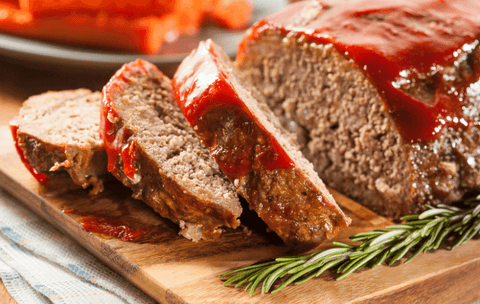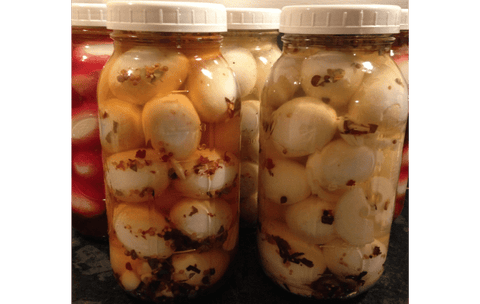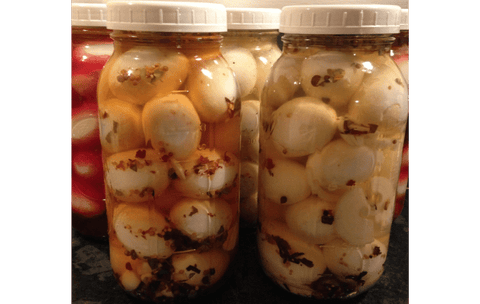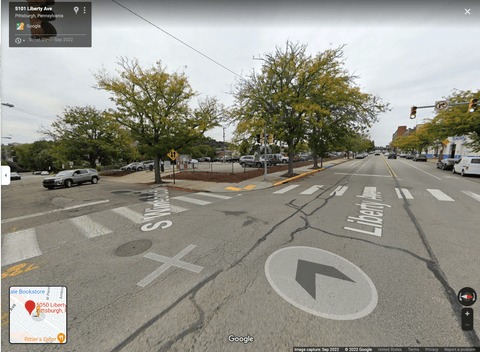Most farmers markets require vendors to grow or make the products they sell.
So, it's reasonable that you expect the person you are buying from at market to be the one who grew or made the food you are buying, right?
The "good" part of having "producer only" markets is that buyers get the incredible added-value of knowing who their farmer is and meeting the person who actually produced their food. This "boutique" experience is incredibly valuable to me as a food-buyer ...
BUT, is each farmer coming to market an efficient use of the farmer's precious time and money or good stewardship of the market-buyer's investment in small farms and local food?
Absolutely not.
I would prefer to see vendors proudly bringing the food grown by their neighbor to large thriving markets. It is a more efficient use of the resources we are all investing in when we buy local food.
Think of the market you attend and the resources required for each farm to pick, pack, travel, setup, serve the awesome customers who come to market, tear down, pack up, travel home, unpack, do the paperwork to keep their books, maintain their website, send emails and post on social media on top of chores and family.
Few markets provide enough sales for farms to pay the gas and market fees, after their production costs are paid, let alone to hire help or get paid for their time.
Corinna Bench, a CSA marketing coach from Ohio, shared the decision-making process she and her husband went through when they decided to leave the farmers market behind in this insightful podcast episode on My Digital Farmer - it is well worth the listen about how they invested years of time into a market that was draining their resources.
My journey to walk away from all but the Bloomfield Market was similar to Corinna and Kurt's.
Local farms are already spreading the precious resources entrusted to them over a wide variety of products to serve their customers, for environmental stewardship or to diversify their financial risk (in other words literally not putting all your eggs in one basket) and we expect each and every one who wants to reach us to invest in marketing and invest precious time to try to catch our attention on top of that?
That's a big ask from some of the biggest hearted people I know on the planet.
Frankly, it is not good for local food, not good for the future of farms, and not good for our communities.
The Pennsylvania Association for Sustainable Agriculture (PASA) study I mentioned makes the benefits of collaborative selling clear:
"By offering a greater range of livestock products, fruit, and vegetables grown or raised on other local and sustainable farms, reselling can help attract and retain customers. Collaborating with partner farms that are more efficient producers of supplementary products can also often help farmers capture a higher margin with resale items than comparable items grown on their own farm."
My experience confirm's PASA's findings - the margin I made on other people's products is much higher than the margins for food produced on our farm.
So, what can we do?
How about encouraging markets to change their rules so farms can make the trip more financially sustainable and maybe even get paid for attending market?
Maybe we should look a little differently at the farm who brings items not grown by them and ask them why they partner with other farms?
Maybe we need to take another look at whether we need a farmers market in every community and how that impacts the financial sustainability of our local farms?
You see, as consumers, we hold all the power.
It is OUR buying habits and demands that can give strength to industrial, centralized food while we hold the future of our precious regional food resources in our hands.
BUT, that means that we hold the power to create change and save local food.
PS ... I sell amazing local cheese that pays my gas money and market fees, stop by and check it out!








